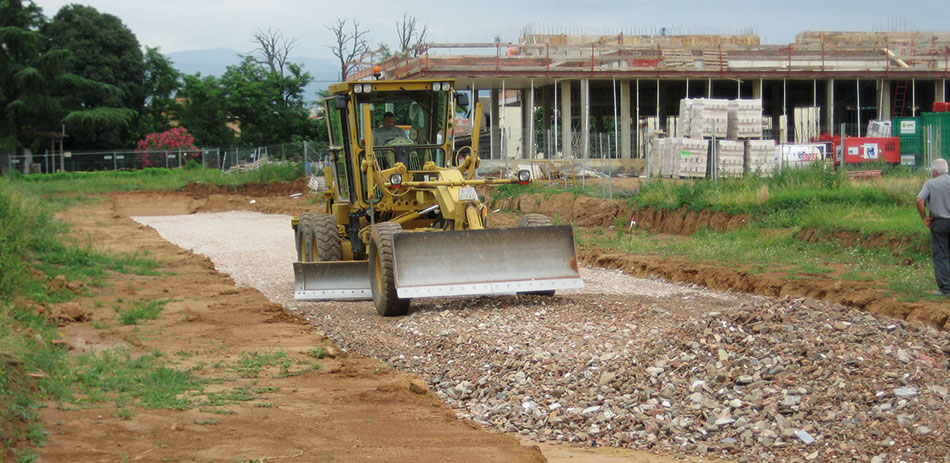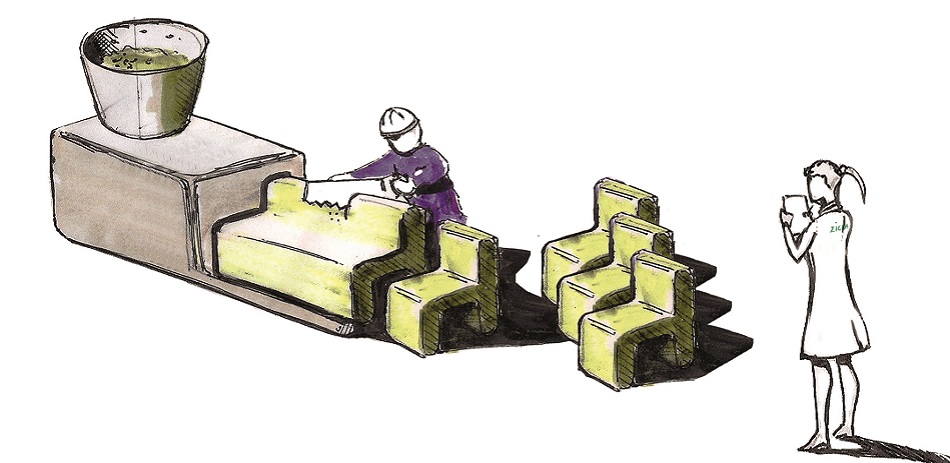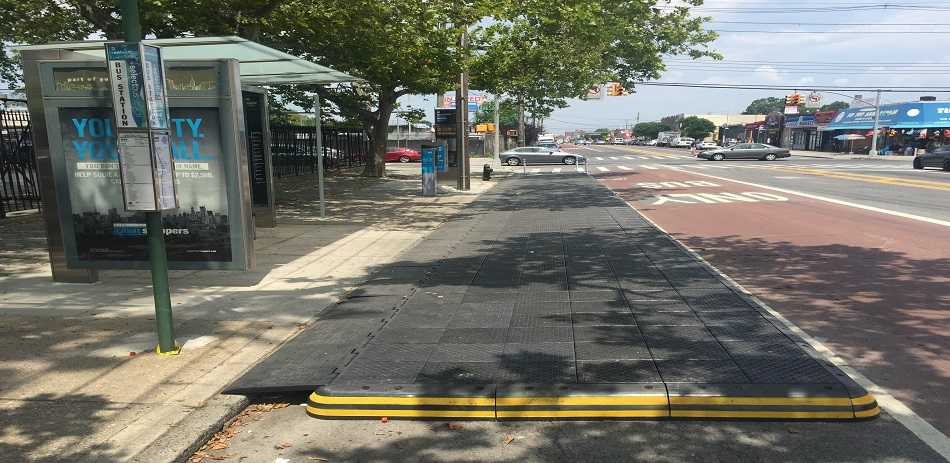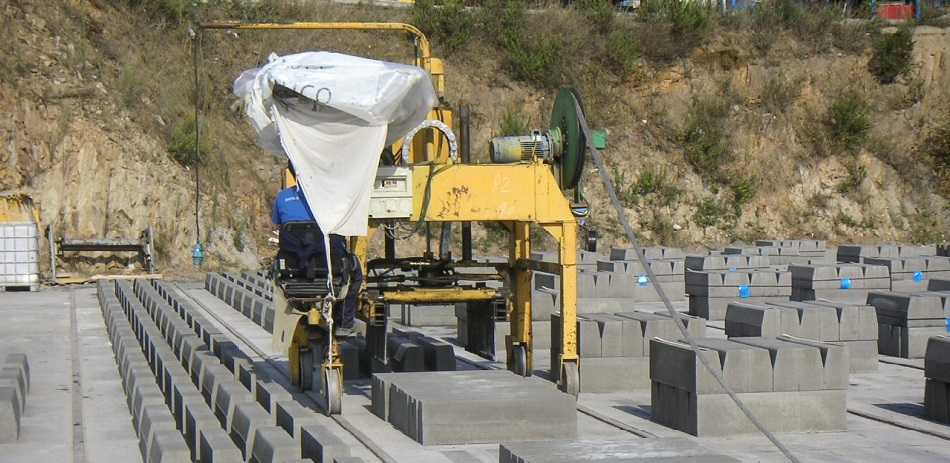The construction sector has a significant environmental impact:
- It consumes 60% of the extractions of raw materials of the lithosphere
- It is responsible for 50% of the CO2 emissions into the atmosphere
It generates approximately 1.1 tons of waste per inhabitant / per year, of which in Catalonia, a significant percentage currently ends up going to a landfill.
Waste is generated in the phases of labor work implementation and in the phase of demolition; the material of the demolition all mixed, very often ends up in a landfill.
Generally, prevention of environmental impacts is not done either in the project nor during the execution of the work, or for instance when it is time to demolish, and it is preferred to act at the end of the process:
- once a project is carried out, the aim is to be improved afterwards
- a change is propose in the direction of work on the person who leads the project.
There is a lack of a clear understanding of the environmental impact of the work in each phase of its life cycle (promotion => project => execution => use => demolition)
The Project.
The project, promoted by the Official Chamber of Contractors of Catalonia, was organized in several working groups: civil work, structures, facades, roofs and finishes, and the environment; the latter transversal ( no supe que palabra utilizar, transversal no suena bien en este contexto) to the previous ones. The project, in which Zicla took part, developed proposals aimed at increasing productivity in the construction sector by adopting innovative measures that will not entail a cost increase. These proposals had two forms:
- Proposals for concrete measures that could be implemented in the short term
- Proposals for studies that should be identified or performed in the medium or long term.





0 Comments